A Community and a Family Change their Negative Beliefs about Disability
by Sandra Bauer
Posted on April 6, 2022
Beliefs, Child, disability, education, Health, International, marginalized, stigma, vulnerable
When Kupenda first met Furaha, he was seven years old. Furaha was born deaf and, at that time, he was living with his six siblings in a mud hut with a grass roof. Both of his parents were peasant farmers. The people in his village had very negative attitudes towards Furaha and other people with disability. No one even thought a child with a hearing impairment could go to school.
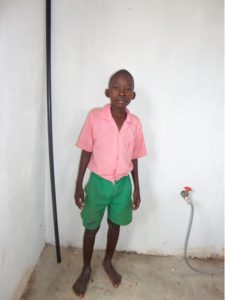 A Strong Start
A Strong Start
Fortunately, by the age of 13, Kupenda had helped Furaha enroll in school and he was attending the third grade at Marafa Special School. While there Furaha learned to communicate using sign language and placed first in his class. He showed determination to do well in his subjects and especially enjoyed his math classes. He was also a caring young man who helped the younger children at school.
An Example that “Disability is not Inability”
Furaha’s enrollment and success in school started to change the negative attitudes that people in his community held about disabilities. They began to treat him more kindly, as they could see from his example that even children with disabilities could learn and progress academically.
The following year, Furaha progressed to fourth grade where he continued to excel. He loved learning new things and was very curious about everything, always asking his teachers questions.
A Determined Student Despite Lagging Support 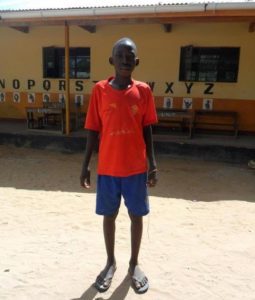
Even though his parents were supportive of their son’s education, they did not take advantage of any sign language classes offered by Kupenda. They would visit him at school and pick him up at the end of the term. They even joined the PTA but still could not fully communicate with their son.
When Furaha started 8th grade his grades started to fall, not because he lacked determination but because his parents did not bring him to school until later in the term. They stopped visiting him at school, and in general, were apathetic towards their son’s education. Beyond allowing him to attend school they did not support Furaha.
Fortunately, by the age of 19, Furaha had performed well enough on his exams to gain entrance to Pwani Secondary School for the Deaf. At Pwani, Furaha continued to impress his teachers with his hard work and determination. He enjoyed playing team sports with the other children like football, volleyball, and running events.
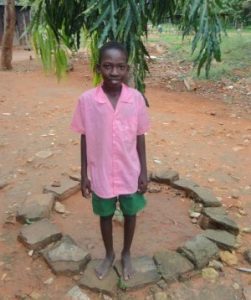
A Father’s Change of Heart
At this time, Furaha’s father, seeing his success, became more supportive. He started to make sure that Furaha was able to arrive at school on time and brought him home for the holidays. He loved his son and treated him well.
Even though the family still struggles to make a living, they are now very supportive of their son’s education. They help him with his homework, attend school events, and make sure he gets to school.
A Child, Family, and Community Transformed
Now Furaha is 21-years old and in his junior year of highschool. He continues to be a hardworking student who likes history and sign language classes.
Kupenda’s community disability sensation programs and support for children like Furaha are changing attitudes toward children with disability. Families, pastors, and community members are observing that these children have potential and can be successful members of the community.
Yes, Furaha has benefited from attending school, playing sports, and making friends, but the biggest benefit to Furaha is being accepted by his family and community.
Learn more about our Sponsorship Program and how you can
help children like Furaha here!
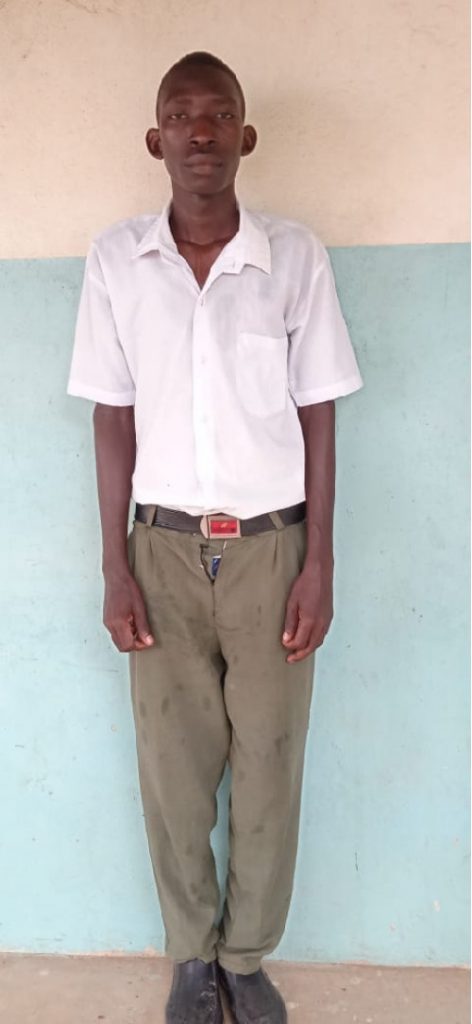
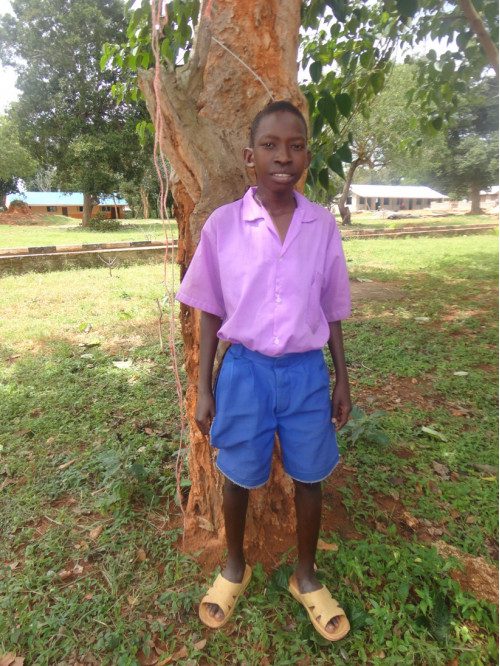


Leave a Reply